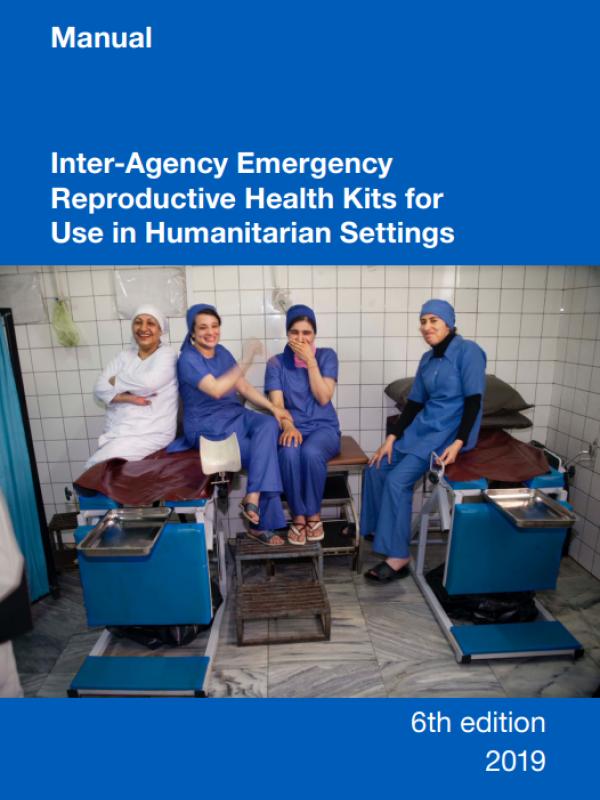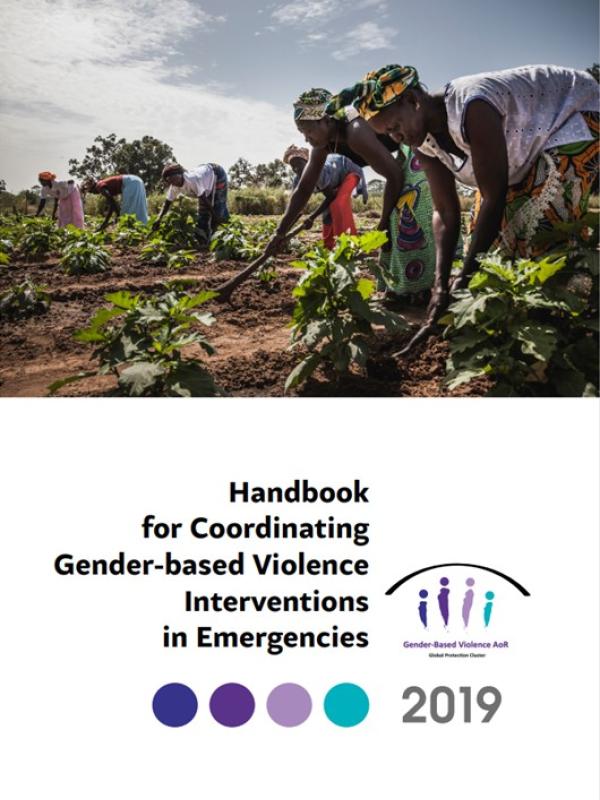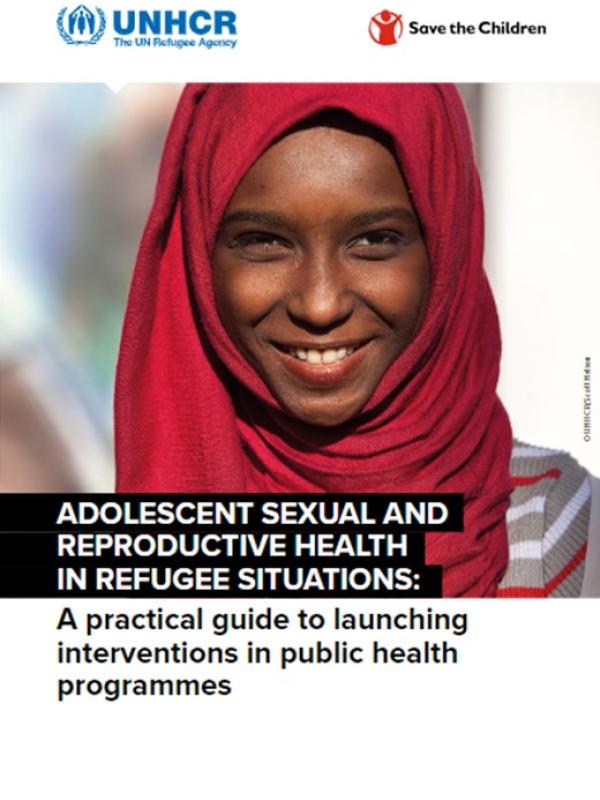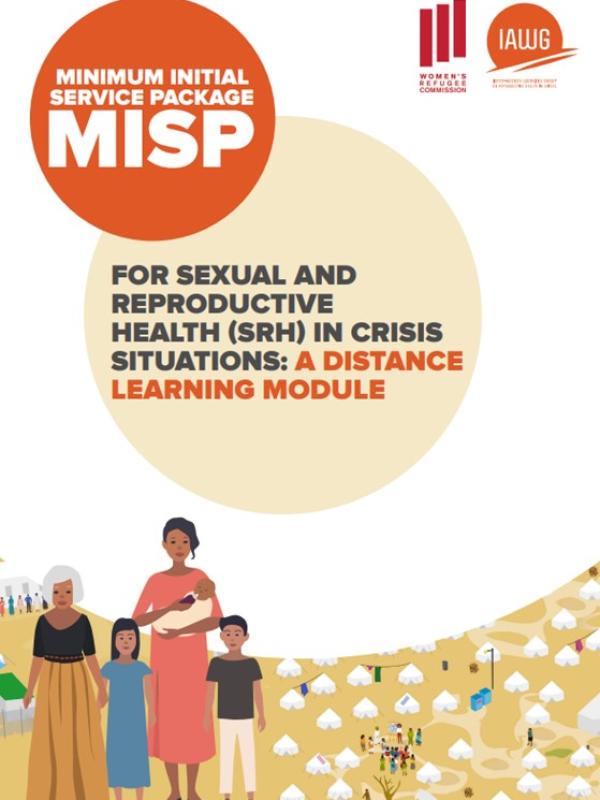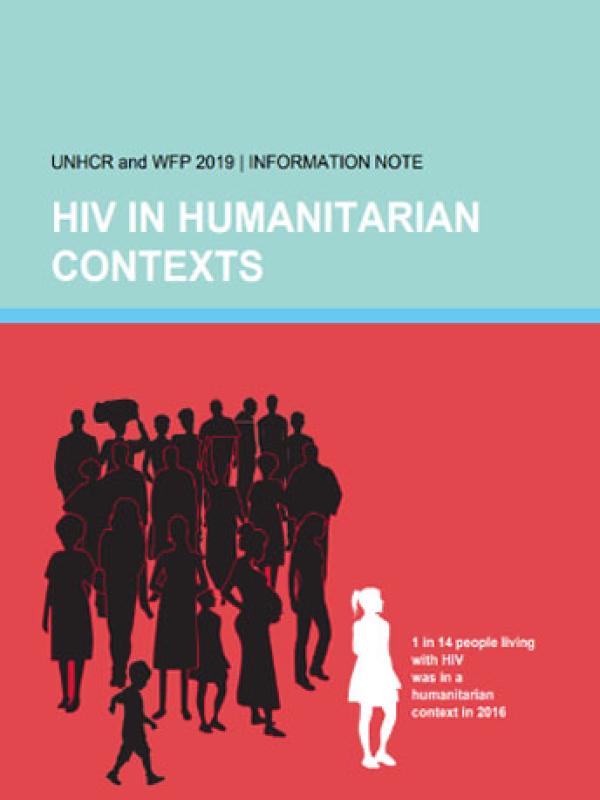6th edition of the Interagency Emergency Reproductive Health Kits manual which provides information on the kits' contents, use and ordering procedures. These specially designed pre-packaged kits contain the essential medicines and health technologies, equipment and supplies needed to implement the service objectives of the Minimum Initial Service Package (MISP) for sexual and reproductive health in crisis. These include post rape kits, blood transfusion kits, as well as treatment of STIs kits.
Continue readingThis Handbook guides gender-based violence (GBV) coordinators and the wider humanitarian community in taking concrete action from preparedness through recovery. It emphasizes collaborative efforts across sectors and organizations for unified prevention, response, and risk mitigation strategies to effectively address gender-based violence. It considers HIV as a cross-cutting issue.
Continue readingThis practical guide is meant to help develop programs that uphold adolescents' rights to access sexual and reproductive health (SRH) information and services. It presents a toolkit comprising 10 Steps, offering guidance on how to effectively initiate adolescent sexual and reproductive health (ASRH) interventions in refugee settings. And it includes guidance to launch, monitor and evaluate programming to address their specific needs.
Continue readingThis is a self-instructional learning module based on the 2018 Inter-Agency Field Manual on Reproductive Health in Humanitarian Settings, “Chapter 3: Minimum Initial Service Package.”
Continue readingInformation note on HIV in humanitarian contexts and recommendations for action.
Continue reading